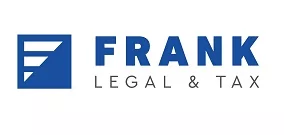Tenants often express shock, resentment and even embarrassment over the amount of rent and rent escalations that they are required to pay to their landlords. However, for office and residential rentals with longer rental terms, fixed rent is in fact relatively rare. And it is rather common that rental agreements include rent escalation provisions.
In Western countries, annual increases are often based upon the percentage increases in the official Rent Index. However, such an index does not exist in Thailand. Alternatively, rental increases may be tied to the Consumer Price Index (CPI) as well. Or the contract sets forth a specific procedure for rental increases.
If you are the tenant, you should vet the rental contract thoroughly before executing it. If the contract contains such a provision, you should try to
1. arrange that the rental increase does not kick in for at least 2 years.
2. get a cap on the amount of each year's increase (for example, no more than a 3 per cent increase in any year).
Here is a sample contract clause:
Any rent increases under this Lease shall commence no earlier than two (2) years after the date of the commencement of this Lease. The maximum amount that the rental fee may be increased in any one year (starting in the third year of this Lease) shall be three 3% of the beginning base rent under this Lease.
If you cannot avoid a rent escalation clause, consider limitations to the rent escalation through predetermined fixed rental amounts for each year the future. Such a provision at least gives you more predictability in planning your personal finances or your business respectively.
The content of this article is intended to provide a general guide to the subject matter. Specialist advice should be sought about your specific circumstances.

